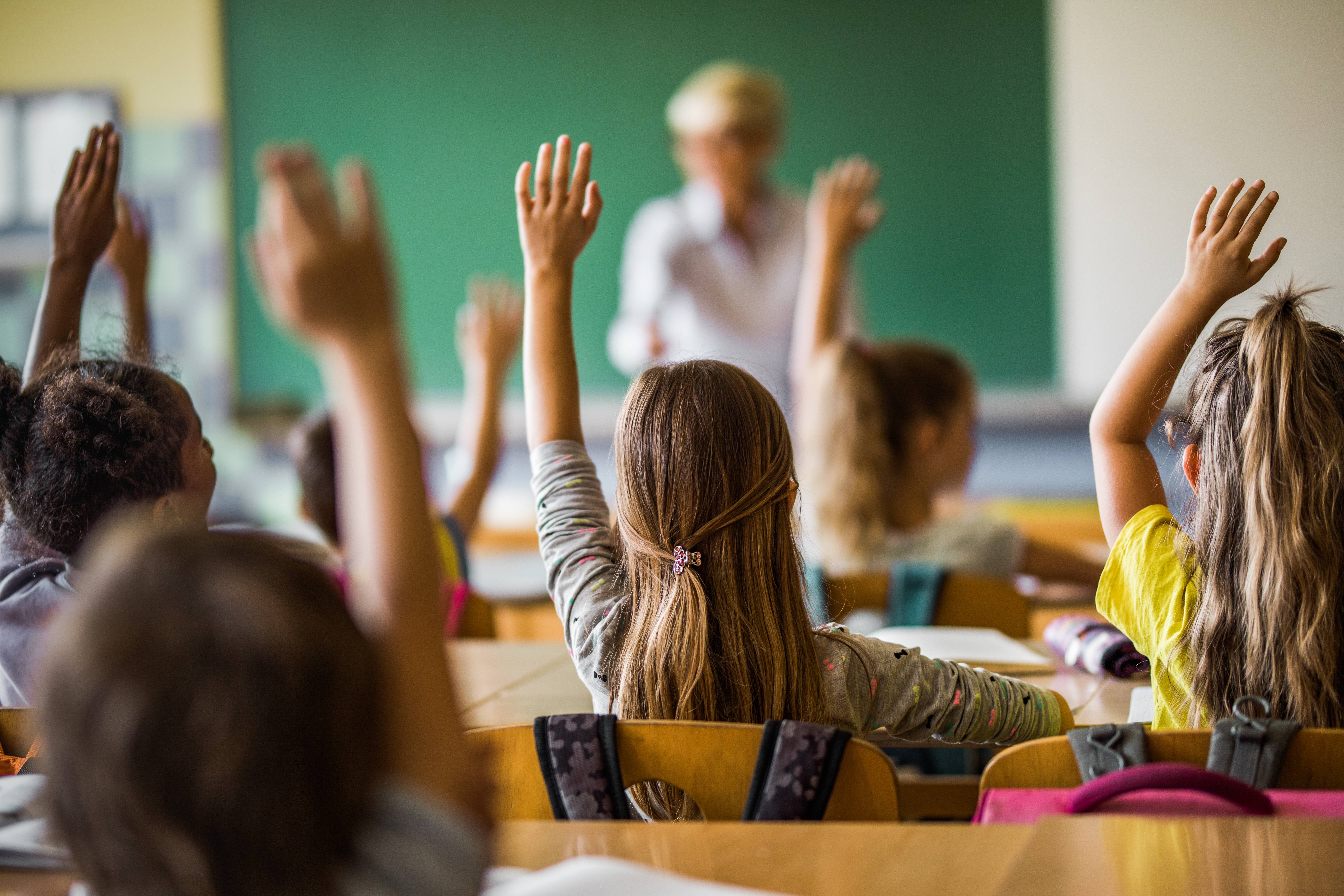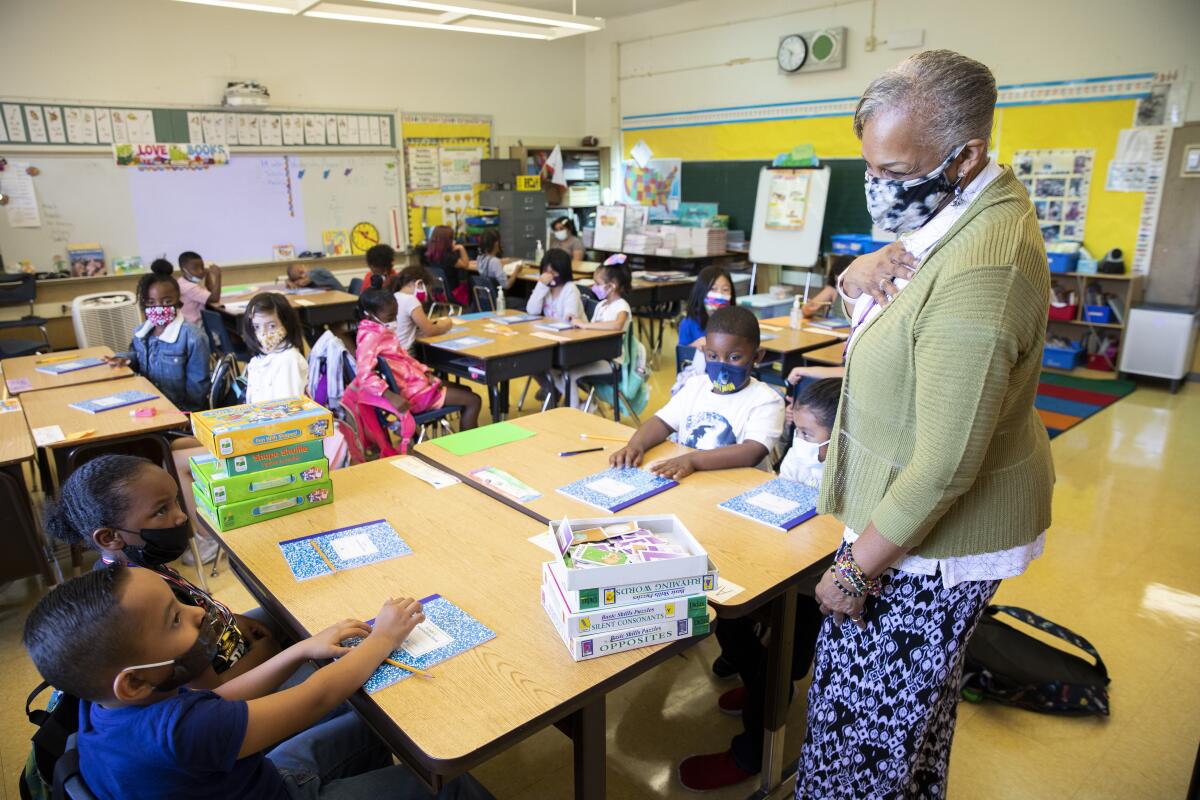Sign up with the Activity to Save Temecula Schools: Community Activity Needed!
Sign up with the Activity to Save Temecula Schools: Community Activity Needed!
Blog Article
The Effect of College Environments on Academic Success and Personal Well-Being
The institution environment significantly influences both scholastic success and individual health, incorporating elements such as physical layout, classroom environment, and interpersonal characteristics. The style of educational rooms, including all-natural lights and ergonomic furniture, can boost trainees' concentration and comfort. Moreover, the quality of teacher-student relationships and the nature of peer interactions play critical duties in fostering an atmosphere for discovering and emotional assistance. Recognizing how these different factors interplay to form pupil outcomes increases important questions regarding optimizing instructional setups for alternative growth. How can schools purposefully enhance these elements to better sustain their trainees?
Physical Layout and Style
Just how does the physical design and design of an institution impact academic success? The arrangement and visual of an institution setting can significantly affect students' learning end results.
All-natural illumination and efficient air flow systems are essential in enhancing cognitive feature and minimizing absence. Research studies have shown that class with enough natural light enhance trainee concentration and reduce feelings of sleepiness. Ergonomic furnishings customized to trainees' requirements can prevent physical pain, allowing for long term emphasis and engagement in scholastic tasks.
Accessibility to exterior spaces and aesthetically pleasing environments also play a vital duty - Save Temecula Schools. Green rooms and properly maintained school premises supply possibilities for workout and mental relaxation, both of which are essential for preserving high degrees of academic performance. Basically, an attentively designed physical atmosphere can offer as a stimulant for academic excellence, promoting an environment that sustains both mentor and learning
Class Environment
A setting that promotes a feeling of security, inclusivity, and shared regard motivates trainees to involve more proactively in their knowing processes. The atmosphere of a classroom, including aspects such as lights, sound levels, and seating plans, can significantly affect student concentration and inspiration.
In addition, the classroom environment need to sustain a society of collaboration and open interaction. They are much more most likely to involve deeply with the product and create vital believing abilities when pupils really feel comfortable expressing their concepts and asking inquiries. Peer communications and group activities can enhance knowing by fostering and supplying diverse viewpoints team effort
Additionally, developing regular routines and clear assumptions can develop an organized setting that enables trainees to concentrate on their researches. By minimizing uncertainty and supplying a predictable framework, pupils can better handle their time and obligations. Inevitably, a positive classroom environment not only boosts academic performance however also adds to the total well-being of students, preparing them for future academic and individual endeavors.
Teacher-Student Relationships
Building on the value of a positive classroom atmosphere, the connections in between instructors and pupils play a pivotal function fit scholastic success. A healthy teacher-student relationship promotes a learning atmosphere where trainees really feel valued, recognized, and sustained, which dramatically boosts their motivation and involvement. When pupils perceive their instructors as approachable and understanding, they are most likely to get involved proactively in class and seek assistance when required, adding to a much deeper understanding of the topic.

This count on makes it possible for pupils to express their concepts and problems openly, fostering a collaborative discovering setting. In essence, solid teacher-student relationships are a foundation of educational success, playing a vital duty in both academic success and personal advancement.
Peer Interactions
Peer interactions substantially influence scholastic success by shaping a trainee's social and cognitive growth. Within the college environment, peer relationships work as a fundamental component for finding out and personal development. Positive peer interactions can improve a pupil's motivation and engagement in scholastic tasks with collective discovering and mutual assistance. When pupils function together in team setups, they trade concepts, solve issues jointly, and establish essential believing abilities. Such interactions cultivate a feeling of belonging and neighborhood, which is essential for emotional wellness and scholastic willpower.

Effective peer communications also add to the advancement of necessary life abilities, such as collaboration, problem, and communication resolution. These social proficiencies are important for both scholastic success and personal health, highlighting the importance of cultivating favorable peer dynamics within the institution setting.
After-school Activities
Participating in extracurricular tasks plays a crucial function in a pupil's scholastic success and personal advancement. These tasks, click over here varying from sports teams to debate clubs, supply pupils chances to refine useful abilities such as management, time management, and teamwork. Research regularly shows that pupils who take part in after-school activities often tend to attain greater academic efficiency. This correlation is frequently associated to the structured setting and the discipline required to balance both extracurricular and academic dedications.
Moreover, extracurricular involvement promotes a feeling of belonging and area, which is essential for individual wellness. Taking part in team activities enables pupils to build and reinforce social media networks, boosting their social and psychological knowledge. These communications are crucial for establishing social abilities that are helpful in both future and academic professional settings.
In addition, extracurricular tasks offer a constructive outlet for trainees to explore their passions and enthusiasms past the basic educational program. This expedition can result in the exploration of brand-new skills and potential job courses, further motivating trainees to engage even more deeply in their academic job. In conclusion, the duty of extracurricular activities extends beyond mere recreation; they are essential to promoting a holistic academic experience that advertises both scholastic success and individual growth.
Final Thought
In amount, the influence of school settings on both scholastic success and individual well-being is profound. Attentively made physical layouts and classrooms, in addition to favorable teacher-student connections and constructive peer interactions, why not try this out dramatically enhance trainee inspiration and engagement. In addition, the existence of supportive teachers can reduce tension, cultivating a supporting environment helpful to alternative advancement. These elements collectively highlight the relevance of producing and maintaining optimum college settings for the benefit of students' individual and scholastic development.
Eventually, a positive class environment not only boosts scholastic performance but likewise adds to the overall wellness of trainees, preparing them for future educational and individual undertakings.

Report this page